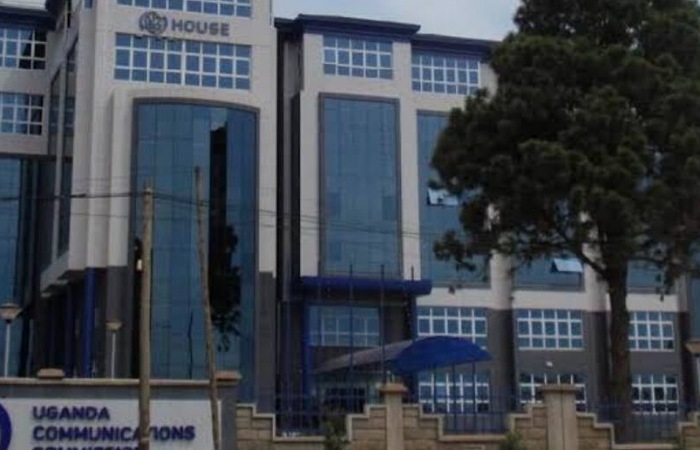The Uganda Communications Commission (UCC) has been dragged to court over its recent directive to have all online media registered by 5th October 2020.
UCC recently asked all persons engaged in the provision of data online to regularise their operations by obtaining authorization from them (UCC) by 5th October this year.
However, in his suit before the Civil Division of the High Court in Kampala, lawyer Ivan Bwowe argues that the directive to have all online media registered and authorized to operate is unconstitutional, asking court to reverse it.
In the suit, Bwowe argued that all social media platforms such as Facebook, Twitter, YouTube among others have independent community guidelines and users should not seek authorisation from UCC to use these platforms.
Orders
The lawyer wants court to declare that the directive by UCC to require all online media to register for authorisation to operate is illegal and should be revoked.
“The applicant seeks a declaration that the public notice by UCC for providers of online data communication and broadcasting services to obtain authorization dated September,7,2020 is illegal, contravenes the Constitution and is an abuse of the law,” court documents say.
Early this week, UCC said the entities targeted by the notice include blogs, online televisions, online radios, online newspapers, audio over IP (AoIP), Internet Protocol TV (IGP TV), Video on Demand (VoD), digital audio radios and televisions, internet/web radio and internet/web television.
“All persons engaged in the provision of the above services are accordingly advised to regularise their operations by obtaining the necessary authorisation from UCC by 5th of October 2020,” the statement noted.
UCC was established under section 4 of the Uganda Communications Act, 2013 (the Act) as the regulator in the development of a modern communications sector that includes telecommunications, broadcasting, radio communications, postal communications, data communication and infrastructure.
![]()
























